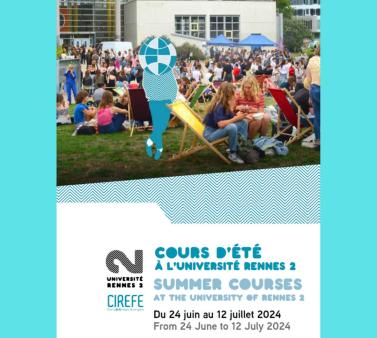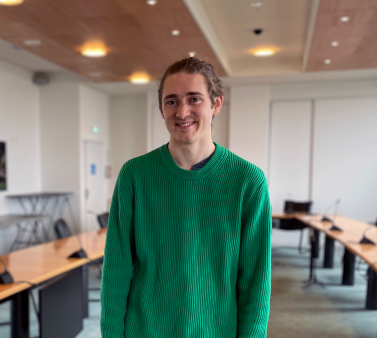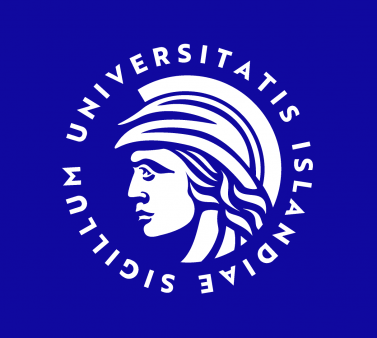The objective of this degree is proficiency in literary, journalistic and everyday written language:
-
ability to understand, analyse and summarize documents in English
-
translation of literary texts and civilization documents
-
ability to develop analyses of texts and iconographic documents using stylistic and linguistic tools and transversal methodologies.
The course also provides proficiency in oral language and knowledge of variation and registers:
-
fluent, precise and authentic communication skills
-
mastery of communication tools
-
mastery of language registers
-
translation.
Raising awareness of a research approach:
-
documentary research
-
development of dossiers and presentations based on a problem-based approach
-
writing briefing notes and essays
-
proficiency in use of computational tools and the information and communication technologies for education (TICE).
Skills
-
Proficiency in oral language.
-
Proficiency in written language.
-
Translation (English-French, French-English) with due regard to content and register and use of appropriate terminology.
-
Ability to produce oral and written analyses and summaries in both languages.
-
Ability to organize work using an appropriate methodology in both languages.
-
Organization skills.
-
Teamwork.
Course Content
Year 1 is a year of consolidation and upgrading. Emphasis is placed on gaining a good command of the basics: written and oral communication, written and aural comprehension, acquisition of a base of essential knowledge in grammar, phonology, civilization and literature (hence the priority given to tutorials (TDs)).
This work is extended in the second and third years with a deepening and diversification of knowledge of the facts about civilization and an introduction to translation techniques and linguistics. The third year allows students to focus on potential future research paths or to prepare themselves for vocational master’s degrees.
These pathways, although professionally oriented, remain sufficiently open to allow students to consider a change of pathway even after graduation.




